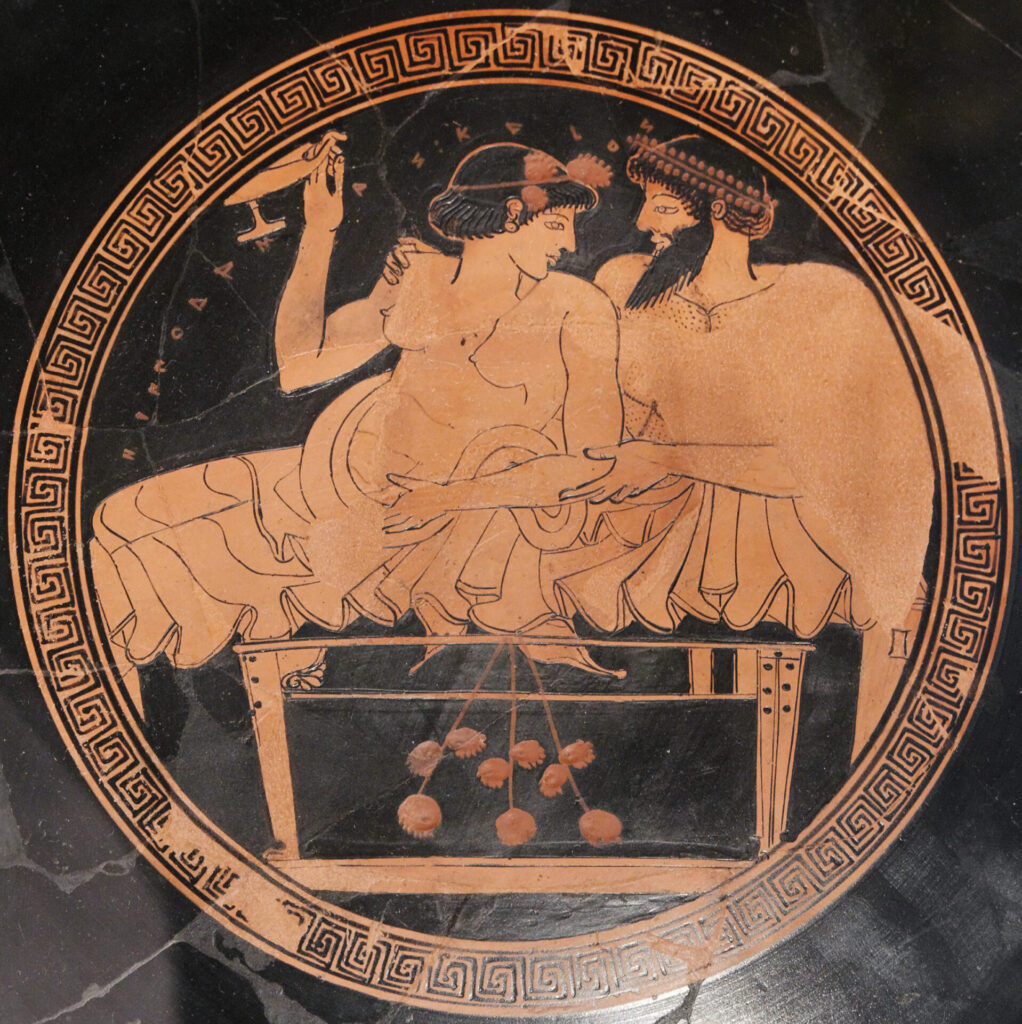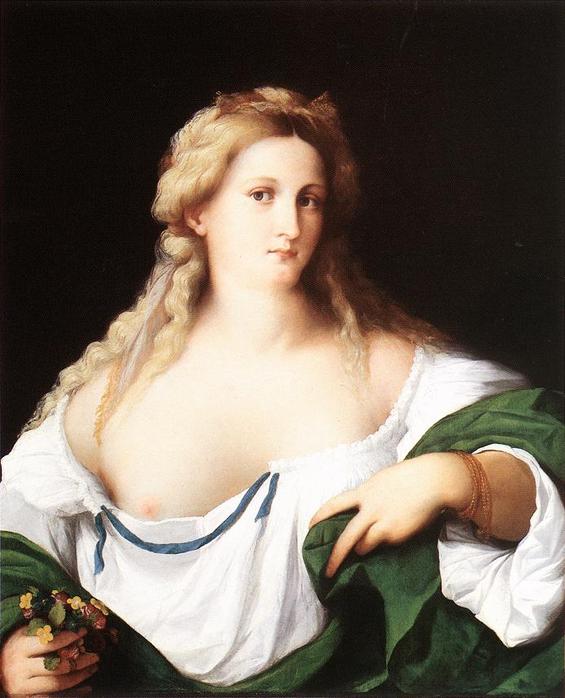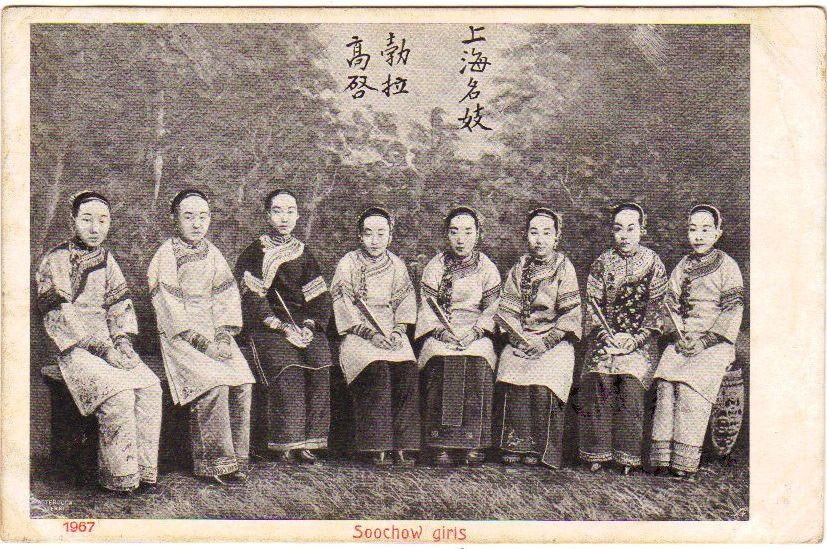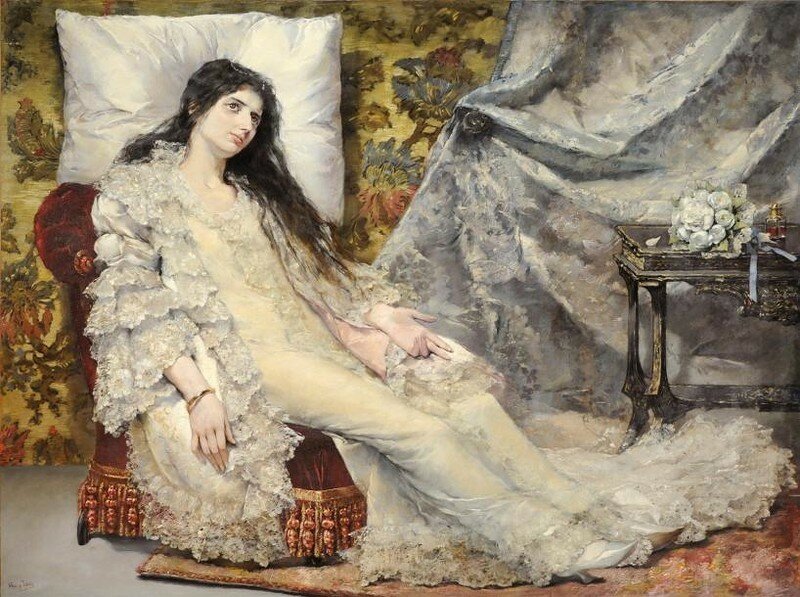Table of Contents
Introduction
Contributors is a term derived from the word “Contribute”, it refers to women and girls who are fully maintained by their wealthy partners (usually men) in exchange for romantic or sexual relationships. In society, this phenomenon is often surrounded by myths and speculation. In addition to direct maintenance, girls can engage in a variety of activities: some take care of the house and run the household, others are active in the cultural and social life of the city. What is common to all is that they receive material support from their partners.
The purpose of this article is to shed light on the reality of the life of kept women in Dubai, exposing the stereotypes and perceptions that surround these girls. We want to give readers an objective view of their motives and the circumstances that lead to these relationships. This article will help people who are unfamiliar with this topic to understand and form their own opinions based on facts rather than rumors and prejudice.
Historical context
The origin of the term “kept woman” goes back a long way. Relationships where one party financially supports the other in exchange for sexual favors have been known since ancient times.
In ancient Greece, for example, there were heteras, high-class prostitutes who could be the companions of wealthy men and participate in social life.

Ancient Rome also had women who were financially supported by their patrons.

The evolution of kept women in society has occurred in different cultures and eras in different ways. In medieval Europe, for example, kept women could be concubines or mestresses of feudal lords and kings.

In China, such girls were not much different from courtesans and were called “qie” and if they were lucky enough to choose a man, they could occupy quite a high position in society.

Over time, the status of kept women in society changed and they began to play a more visible role in the cultural life of their countries.
In nineteenth-century France, for example, kept women were well-known figures such as Marie Duplessis, who became the prototype for the heroine of Alexandre Dumas-son’s novel La Dame aux Camélias.

In modern society, kept women continue to exist and their role also varies from culture to culture. In some countries, kept women may be reviled and criticized, while in others they may be accepted as a normal part of the relationship between men and women.
Social and cultural aspects
Contributing women hold a special place in different cultures and societies, and their role can vary considerably. In this section we look at the social and cultural aspects associated with kept women and their impact on public opinion and norms.
Photo: Elite kept woman Aza
First, kept women often face social stigma and stereotypes. They are seen as women who take the “easy” way out, obtaining material goods without effort or labor. However, the reality can be much more complicated: kept women, like any other people, have different motivations, circumstances and life stories that led them to this status.
Contributing women can also influence public perceptions of gender roles and stereotypes. In some cultures and traditions, there is a perception that men should be “protectors” and provide for women, while women should be “dependent” and subordinate to their men. Such perceptions may be reinforced because of the image of the kept women and their partners. However, in today’s society, more and more people are rejecting traditional gender roles and stereotypes in favor of equality and equal opportunities for all.
It is important to note that kept women can be found not only in the elite strata of society. In some cases, kept women may be ordinary women who enter into such relationships because of difficult life circumstances or personal reasons. In such cases, kept women may also face discrimination and prejudice from others.
In conclusion, the social and cultural aspects of content women are a complex and multifaceted phenomenon. It’s important to recognize the diversity of situations and people, and not to succumb to stereotypes and prejudices when it comes to kept women. Instead of judging them based on anecdotal information and societal stereotypes, we should try to understand their motives, circumstances, and life stories.
Legal and economic aspects
Contributing women also face a number of legal and economic aspects related to their status and relationships. Legislation and the economic situation in different countries around the world can have a significant impact on the lives of kept women and their partners. In this section, we look at a few examples of changes in legislation and economic conditions with regard to kept women in different countries.
- China: In China, the relationship between kept women and their partners is regulated by a civil code. In 2020, changes were made that prohibit spouses from entering into transactions based on their assets without the consent of the other spouse. This can make it difficult for married men to financially support the kept women and force them to look for other ways to provide for them.
- Russia (Dubai): In Russia, kept women may face legal and economic difficulties, especially if the relationship with their partner is terminated. Russian law does not give kept women the right to alimony or partner’s property if their relationship has not been officially registered.
- Europe: In European countries, such as France and Germany, legislation regarding kept women can vary greatly. In France, for example, kept women may be entitled to alimony after the breakdown of a relationship if they can prove that their partner was obliged to support them. In Germany, however, there are no such rights, and kept women must rely on their own resources or find other means of support.
- Arab Emirates: In the Arab Emirates, there have been some changes in the law and economic conditions in recent years that relate to female detainees. Although traditional values and norms continue to play an important role in society, the Government is striving to modernize its legislation to meet international standards. In particular, new norms are introduced to strengthen the protection of women’s rights and family relations. These changes may affect the situation of kept women by empowering them.
These examples demonstrate that the legal and economic aspects regarding kept women can vary significantly from country to country and from culture to culture. Co-workers and their partners should be aware of the legislation and economic conditions in their country in order to avoid possible problems and difficulties. It is also important to note that changes in legislation and the economic situation may lead to changes in the status and living conditions of the kept women, so they should be ready to adapt to new circumstances.

Photo: Dubai kept woman Amira
In addition, legal and economic aspects may affect not only the kept women but also their partners, especially in case of divorce or breakdown of the relationship. In some countries, men may be obliged to pay alimony or compensation to a kept woman, which can have a significant impact on their financial situation.
Pros of being a kept woman and public opinion
Contemporaries are found in many different countries and cultures, and their lives can be filled with different benefits and challenges. In this section we will consider the pros in the life of a kept woman, as well as public opinion on this issue, with emphasis on the situation in Dubai.

Photo: Keeper Lisa from Platinum Escort Agency
One of the main advantages of the life of a kept woman is a high level of income and material well-being. Keepers are often able to live in expensive homes, drive luxury cars and enjoy all the privileges of elite society. This can include traveling the world, attending prestigious events and meeting famous and influential people.
However, public opinion about kept women is often negative, especially in Dubai. Many people consider kept women to be materialistic and unseemly because they enter into relationships for financial gain. This can lead to kept women facing prejudice, discrimination and negative stereotypes from society.
However, it is important to note that public opinion is not always fair and objective. Sojourners, like any other person, have different motivations, circumstances and life stories that may explain their choice of this lifestyle. In addition, some kept women may use their situation to develop themselves, get an education, or invest in their business, which can contribute to their continued success and independence.
In conclusion, the pros in the life of a kept woman and public opinion on the matter can differ significantly. Despite the material advantages, kept women often face negative attitudes from society. However, it is important to realize that public opinion does not always reflect reality and that each person has their own individual story that shapes their choices and life path. Rather than judging content women based on stereotypes and prejudices, one should strive for understanding, recognizing that each person’s circumstances and motivations are unique.
In Dubai and other major cities, where kept women are becoming increasingly visible and discussed figures, society must begin to consider what factors may influence the choice of such a lifestyle and what consequences it may have for all those involved in such relationships. Perhaps this will help dispel the myths and stereotypes associated with kept women and create a more open and understanding society, where each person can choose their own path without fear of judgment and prejudice from others.
Conclusion
In the course of this article we have considered various aspects of the life of kept women, their historical context, social and cultural aspects, legal and economic issues, as well as the pros of kept women and public opinion about them. Sojourners have become a hotly debated topic in global society, and their role continues to change and evolve over time.
Today, kept women face a number of challenges and problems related to their lifestyle, such as prejudice, discrimination and legal difficulties. However, they also benefit from a high standard of living and material prosperity that can provide them with opportunities for self-development and independence.
In the future, trends and prospects for content women may change significantly depending on cultural, economic and political factors. Perhaps the society will become more tolerant and understanding towards kept women, which will help them to integrate into society and overcome negative stereotypes and prejudices.
In addition, changes in legislation and economic conditions can affect the status of and opportunities for women keepers in different countries. For example, legislative reforms can provide more rights and protections for kept women, helping them to lead more stable and independent lives.
In conclusion, the situation of kept women in the world continues to evolve and change, and the future may be full of new opportunities and challenges for them. Society’s attitude towards kept women, as well as their own vision of their role and place in the world, will determine their perspectives and trends in the future.












